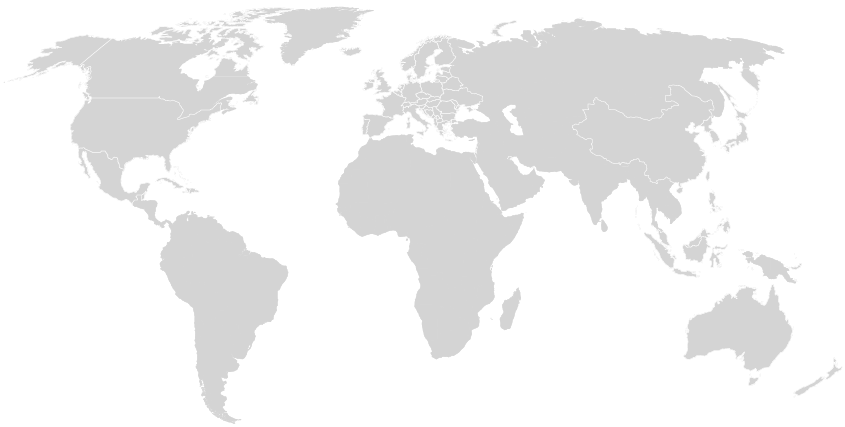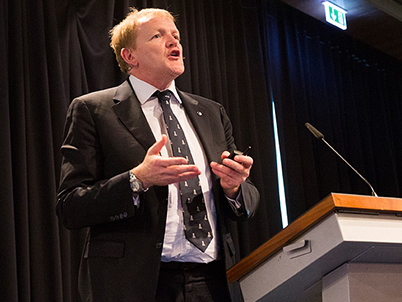Knowledge contributes to making a better world
We share our hygiene expertise as this will help raise living standards, improve health and increase well-being in the world. Last year, we educated 2,000,000 girls, women, children, parents, caregivers and care providers around the world.


1,485,400 young women were educated about menstruation and puberty, mainly in Latin America and Asia. The courses in schools are intended to teach girls about what happens to their bodies during puberty, to break the silence and taboo surrounding menstruation and to build a market for SCA’s brands.

95,500 nurses and other caregivers were trained in incontinence, individualized incontinence care, skincare and dementia across the globe.

34,900 people were educated in hand washing. Using the cartoon characters Max and Ella, children carried out experiments, solved problems and learned practical tips about hand hygiene in a fun and inspiring way. “Ella’s hand washing adventure” is available as a smartphone app for the iPad and Android.
Strong commitment to a dignified life

Adrian Wagg, professor in healthy aging, was one of the speakers at the Global Forum on Incontinence, where the main theme concerned living a dignified life with incontinence
4–8% of the world’s population, or approximately 400 million people, suffer from incontinence. SCA offers solutions to manage incontinence and works to combat taboos and stigma, to ensure that as many people as possible are given the right care and a dignified existence.
One of SCA’s most important initiatives is the Global Forum on Incontinence (GFI), a conference that attracts patients, experts in care and health and decision makers such as politicians, regulators or payers, as well as caregivers and NGOs from around the world. It is a unique opportunity for participants with differing perspectives and opportunities to influence and discuss how incontinence can be addressed, prevented and cured.
The sixth GFI Conference was held in Berlin over two days in April. Meetings focused on how life can become better and more dignified for people with incontinence. In total, about 350 participants from more than 30 countries took part. Read more at gfiforum.com.
About 400 million people suffer from incontinence.”
Clean hands save lives

Every year, healthcare-associated infections affect millions of patients worldwide, many of whom die (about 140,000 in Europe and the US alone). Studies show that approximately a third of those who die from healthcare infections could survive through the use of something as basic as better hand hygiene.
1 out of 3
would survive with better hand hygiene
SCA is taking part in the Private Organizations for Patient Safety (POPS), an initiative from the WHO, to save patient lives and protect employees in the healthcare sector. POPS comprises businesses that together provide information and create awareness about the correct routines for hand hygiene.
One of SCA’s contributions in 2016 was a research-based recommendation about where hand hygiene products should be available in hospitals. The actual location of these products has proven to be important for their use and thereby how well hand hygiene routines are followed.
NEW CONTINENCE CARE GUIDELINE PUTS THE PATIENT AT THE CENTER

Hungary has introduced a national clinical guideline that recommends a patient-centered continence care strategy also for absorbent products. This will mean that not only treatments and medications are selected according to a consistent framework, but also medical devices will be selected based on each patient’s individual needs. The guideline is entirely in line with SCA’s approach to individual continence care.
“A ministry-level guideline is the strongest possible official recommendation for doctors, nurses, pharmacists and other decision makers. Given that SCA has a full range of quality products, it provides us with a great advantage when positioning our portfolio. Once implemented, it will lead to more dry days for more patients, at a lower total cost,” says Dr. Gyula Markovics, SCA’s Public Affairs Manager for Hungary, Slovenia and Croatia.
The new guideline is a result of a multi-stakeholder process, including patients, health care professionals, policy makers and payers.
